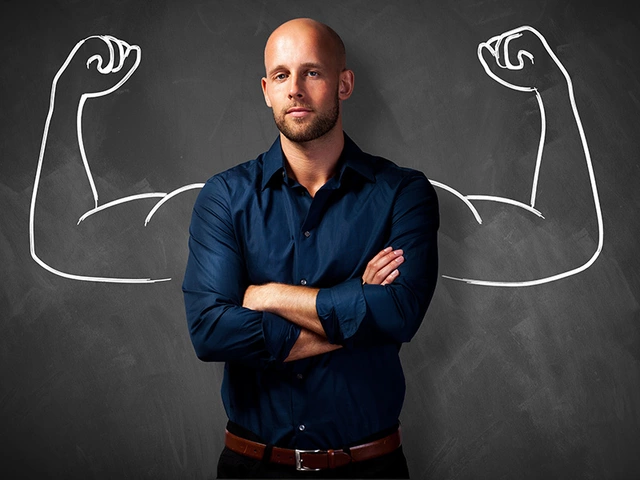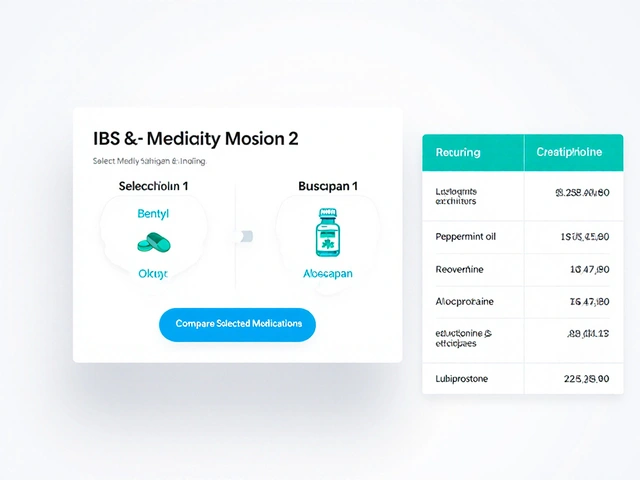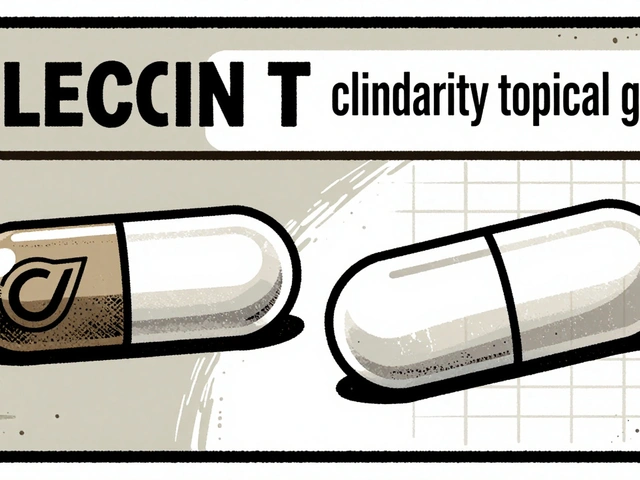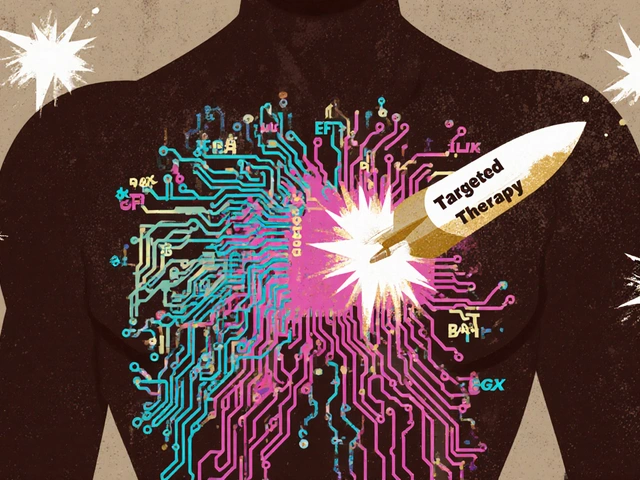Energy boost: Practical tips to feel more alert fast
Running low on energy? You're not alone. Before you reach for another coffee, try a few simple moves that actually work and are safe for most people. Below are quick fixes and longer-term habits that help your energy without risky shortcuts.
Quick fixes you can use right now
Need energy in the next 10–30 minutes? Try these: drink a glass of water, get up and walk for 5–10 minutes, and eat a small snack with carbs + protein (apple with peanut butter, yogurt and berries). Movement boosts circulation and helps clear brain fog faster than another cup of coffee.
If you rely on caffeine, space it: a single strong cup early in the day works better than repeated doses that mess with sleep. Avoid sugary snacks — they give a fast spike and a worse crash.
Daily habits that actually change your baseline energy
Sleep, routine, and nutrition matter more than any supplement. Aim for consistent sleep times, even on weekends. Eat balanced meals with whole grains, lean protein, healthy fats, and veggies. Staying hydrated is underrated — mild dehydration reduces focus and energy.
Regular short exercise sessions (20–30 minutes most days) raise your overall stamina. You don’t need long gym sessions: brisk walking, bodyweight circuits, or cycling work wonders for steady energy.
Supplements can help if diet and sleep aren’t enough, but don’t treat them as magic. If you suspect iron deficiency or vitamin B12 issues, get a blood test before taking supplements — those deficiencies are common causes of fatigue. Popular over-the-counter options people try include caffeine, vitamin B12, iron (if deficient), and standard multivitamins. Read product labels and check interactions with any medications you take.
Mood and stress affect energy. If anxiety or low mood is draining you, small changes—daily walks, scheduling pleasant activities, or talking with a friend—can lift energy. If mental health is interfering with daily life, reach out to a professional. Our site covers related topics like panic disorder and mental health strategies that can help when energy loss is part of anxiety or depression.
Medications can cut energy as a side effect. If you started a new drug and feel unusually tired, compare notes with reliable information or your prescriber before stopping anything. For safe reading about medications and side effects, check articles like our guide on Prilosec side effects and other common drugs.
Finally, if low energy persists for more than a few weeks despite good sleep, decent diet, and regular activity — or if you have other symptoms like unexplained weight change, shortness of breath, or persistent mood changes — book a checkup. Basic tests (blood count, thyroid, glucose) often find simple, treatable causes.
Try one quick fix today: drink a full glass of water, walk for 10 minutes, and eat a small protein snack. See how you feel. If that helps, build the next habit tomorrow.
I recently discovered how coffee dietary supplements can truly energize your life and change your health game. These supplements not only boost energy levels but also offer numerous health benefits, such as improved mental clarity and enhanced metabolism. Incorporating them into my daily routine has made a noticeable difference in my productivity and overall well-being. If you're looking for a natural and effective way to improve your health, I highly recommend giving coffee dietary supplements a try. Stay tuned for more on this game-changing addition to a healthier lifestyle!
Continue Reading




